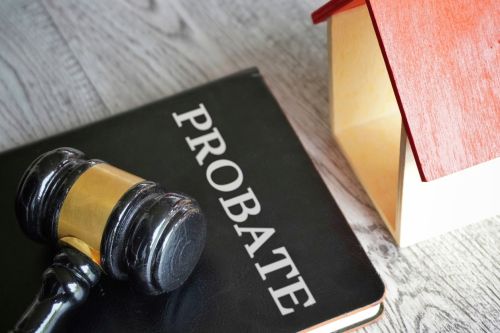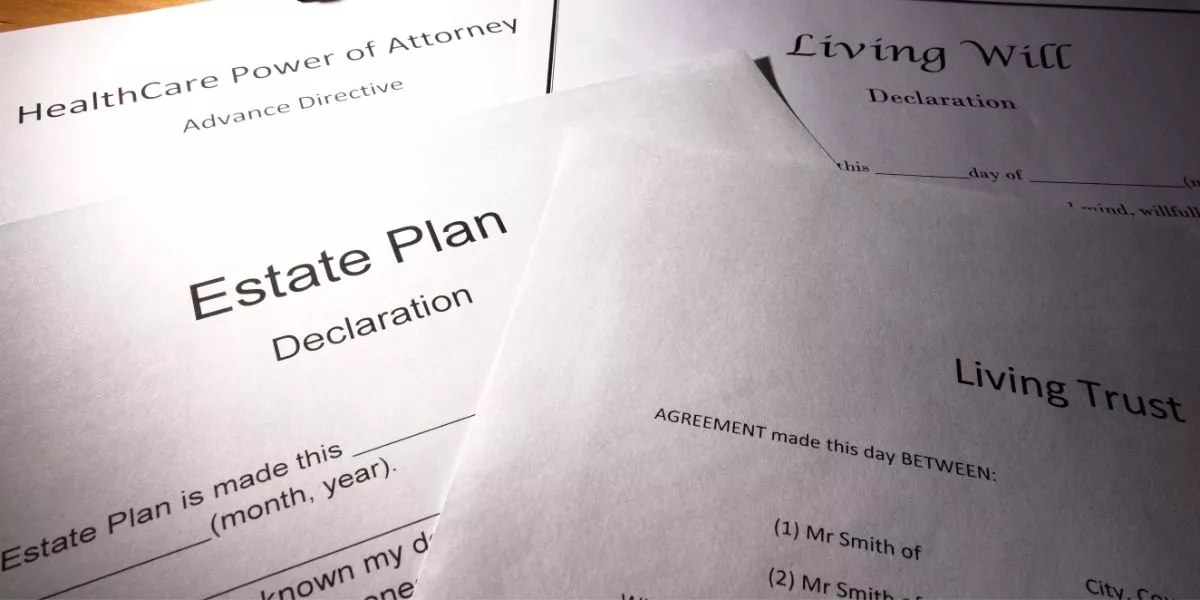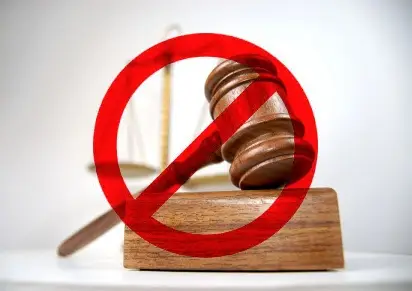To be clear, Probate Court is inevitable and is an unavoidable legal process. Everyone is subjected to Probate Courts when they die, just as they are to gravity. Probate is a court-supervised legal process for managing and distributing the assets of a deceased person (the decedent). Courts involve proving the validity of a will (if one exists), identifying and valuing assets. Also involved is paying debts and taxes, and ultimately distributing the remaining assets to beneficiaries.
Probate can be time-consuming, causing delays in asset distribution. Delays which may not be ideal for heirs in need of quick access to funds. Complex Court Procedures: The probate process can be intricate, potentially taking months or even years to complete. The two main reasons to avoid probate are the time and money it can take to complete. Remember that probate is a court process, and along with the various proceedings and hearings. Simply gathering assets and paying off debts of an estate can take months or even years.
The probate hearing allows the court to formally appoint the person who will oversee the distribution of assets. The Executor, a trusted person, handles all other aspects of settling your estate. The court will issue legal documents authorizing your Executor or Personal Representative to act on behalf of your estate.

Reason to Plan
Our reason for offering estate planning services is to let you know that options are available. Those options are for reducing the impacts brought on by the probate process. If people hold assets jointly with the right of survivorship or designate beneficiaries, probate may not be necessary. Most adults own assets of dubious value, but the owners may simply want to hand them down. An example is families handing down fine China from generation to generation.
Our mission is to walk you through the preparation process. That way, you distribute what’s yours the way you want it. With planning, you can complete the probate process at minimal cost. We have navigated the probate process when no planning has been done and it is time-consuming and costly. That uniquely qualifies us to help you avoid pitfalls my family and families across America have fallen into. Probate court is inevitable; we can help reduce the impact on your family.
Our estate planning process includes selecting the appropriate instruments and managing them when the time comes. A small amount of planning goes a long way towards building generational wealth, and the way things are going, our survivors will need a hand up.
![]()




